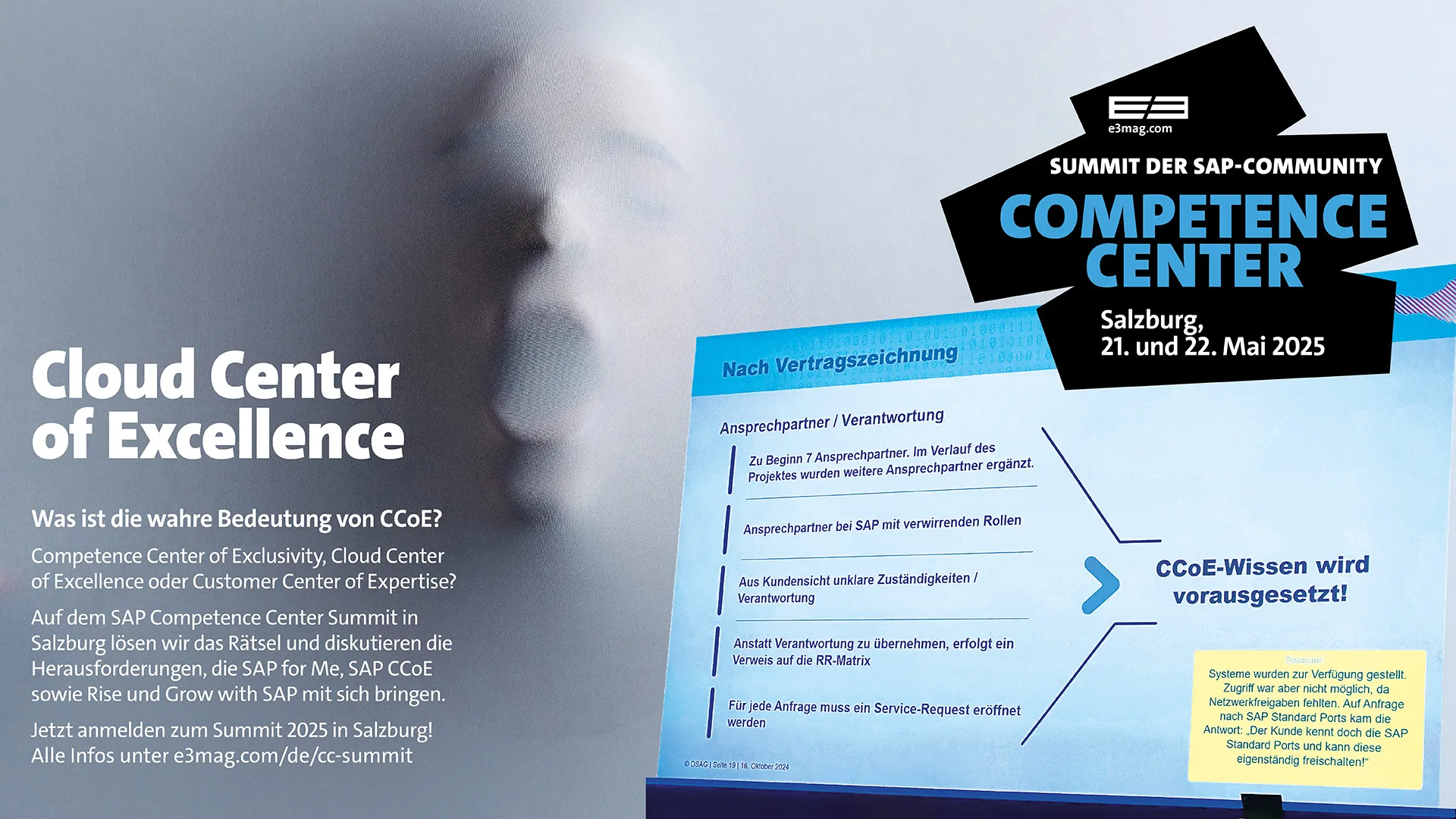Digital treasure hunt as a matter of survival


Many companies are currently behaving in exactly the same way: They are looking far and wide for impetus for their digitization and Industry 4.0 strategies. But they pay no attention to their data - the gold treasure they are sitting on.
AI: Between hype and uncertainty
Artificial intelligence, big data - these topics dominate the front pages of the trade and business press. But in the companies themselves, there is a great deal of uncertainty.
This was also shown by my small survey the other day at the VDMA hackathon on predictive maintenance: The participating companies are all dealing with the topic, but only 5 to 10 percent can already deliver concrete services.
Everyone wants to do something, but only a few are making any progress. Why is that? A key success factor is a clear mandate from management to address this in a strategic and visionary way - e.g., in the role of a CDO.
In addition, a data strategy is required that is part of the corporate strategy. Because the topic of digitization and data is often about the existential question: How will the company earn its money in ten years?
In addition to the board mandate, a governance organization is needed that embraces all activities, pilots and projects on these topics. Such a "digital hub" as a governance model ensures that the topic is driven forward across the company.
In addition to this top-down approach, a simultaneous bottom-up approach is crucial for success. This is because direct access to the operational processes in which the data resides is required.
Whether a specific digitization project is successful basically always depends on four factors, which are described in the 3+1 rule (Michael Herbst, Unity): The three components technology + service/application + benefit together form a use case.
This will only ever be successful if there is also a customer (+1) who derives a concrete benefit from it. In the sense of the bottom-up approach, it is therefore important to bring together precisely those people for each data or digitization project who together fulfill the 3+1 rule.
It is not enough to add a few data analysts to the IT department. If the business departments are not involved, it will not be successful. And vice versa: If the business departments want to use their data but lack the right tools, it won't work either.
Another aspect that causes many data projects to fail is: size makes slow. It's not the large, long-term projects that are needed here. It is better to learn iteratively at the beginning, quickly try out very concrete use cases, and use minimum viable products (MVP) or a proof of concept to prove that the concrete customer benefit exists and that the application works in a real process.
Only when this has been achieved can the data service be "industrialized". Then a process is developed that can be applied to all similar use cases in the company. Only at this point is a lot of money spent - on technical integration, IT and data security, etc. - but with the certainty that the whole thing will deliver added value and work.
Every company sits on a treasure trove of data - simply because it has operational processes. Those that leverage this data will be able to make a difference in their industry. I would even go so far as to say that only these companies will survive.
Many of the tools needed for artificial intelligence or data analytics are now available free of charge in high quality in the open source sector. Companies should not make themselves dependent on external experts, but win them over as innovation partners in order to build up important competencies. Dig specifically for your treasure!








